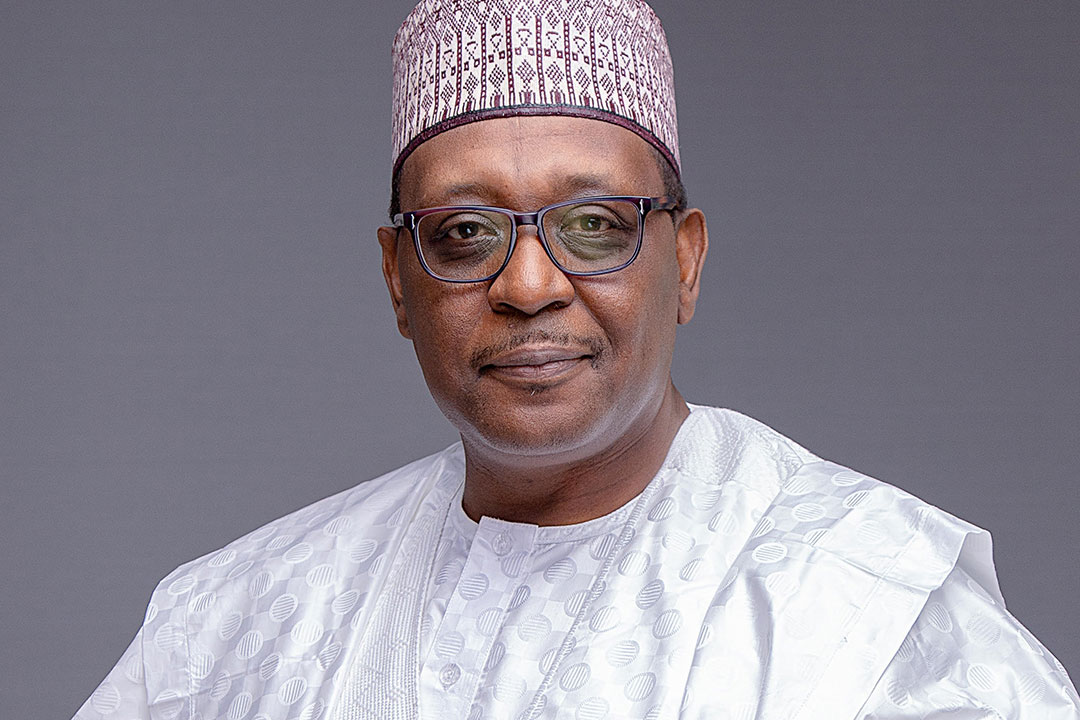By Muhammad Amaan
The Coordinating Minister of Health and Social Welfare, Professor Muhammad Ali Pate, has said inadequate funding has negatively impacted the performance of Nigeria’s health sector, preventing it from meeting its goals.
He made this statement on Tuesday in Abuja at the Nigerian Medical Association’s (NMA) Third National Health Summit, themed “Healthcare Delivery in Nigeria: Translating Policies to Impact.”
According to him, health sector financing has been inadequate and inefficient for a long time, with significant challenges in mobilising funds and ensuring financial protection for much of the population.
The minister also stated the issue of uneven distribution of healthcare professionals, noting that nearly 40 per cent of registered physicians are concentrated in the Federal Capital Territory (FCT) and Lagos.
He emphasised that addressing these challenges requires not just policy formulation but effective implementation.
“Policies work when a clearly identified problem, its solution, and the opportunity align. But it’s not enough to have policies on paper.
“The real challenge lies in executing them effectively. Often, the timing and opportunities for implementation are not optimal,” Pate said.
He projected that by 2025, domestic health financing at the federal level would increase, with more resources allocated to improving the population’s health.
The minister also commended the NMA for fostering peace and harmony in the sector, which he described as essential for building a robust healthcare system.
“While challenges remain and the country faces difficult times, we believe that with determination, sincerity, and a focus on patient-centred care, we can overcome these issues,” he said.
NMA President, Professor Bala Audu, said the summit aimed to review healthcare policies, assess implementation, identify gaps, and propose impactful solutions.
“Our goal is to ensure that healthcare policies lead to the delivery of quality, patient-centred, and affordable care to all Nigerians within the framework of universal health coverage,” he said.
He stressed the need to develop Nigeria’s medical and pharmaceutical ecosystem to produce at least 70 per cent of the country’s healthcare requirements, including medications and equipment.
“To achieve this, we need a sector-wide approach that brings all stakeholders together under a unified framework to drive progress,” he added.
Prof. Audu urged harnessing the best minds in Nigeria’s health sector to create a high-quality, patient-centred, and accessible healthcare system.
The summit brought together healthcare professionals, policymakers, and stakeholders committed to transforming Nigeria’s healthcare landscape.




